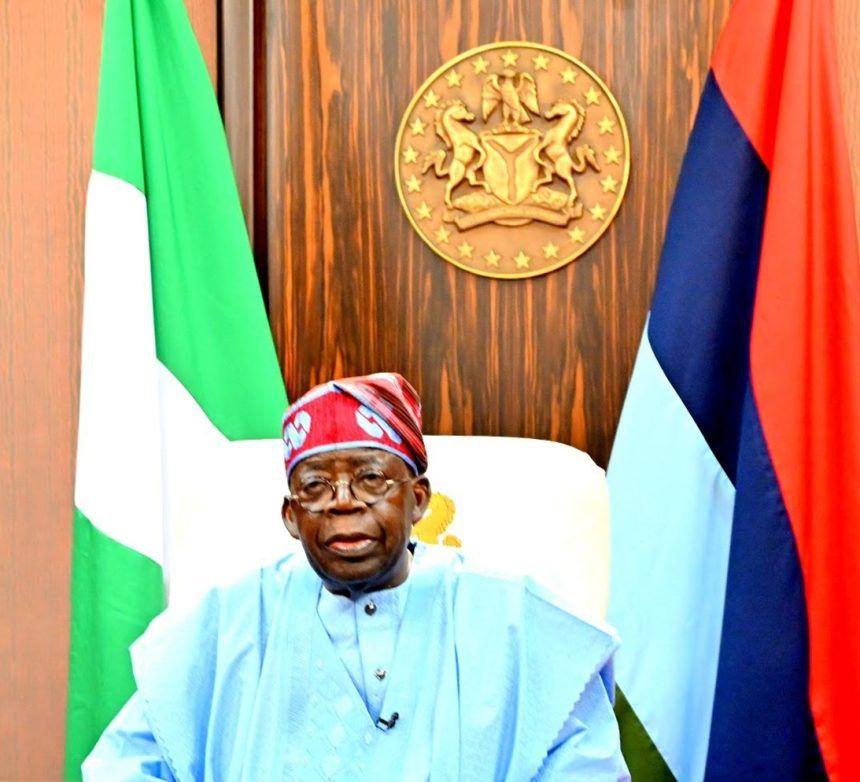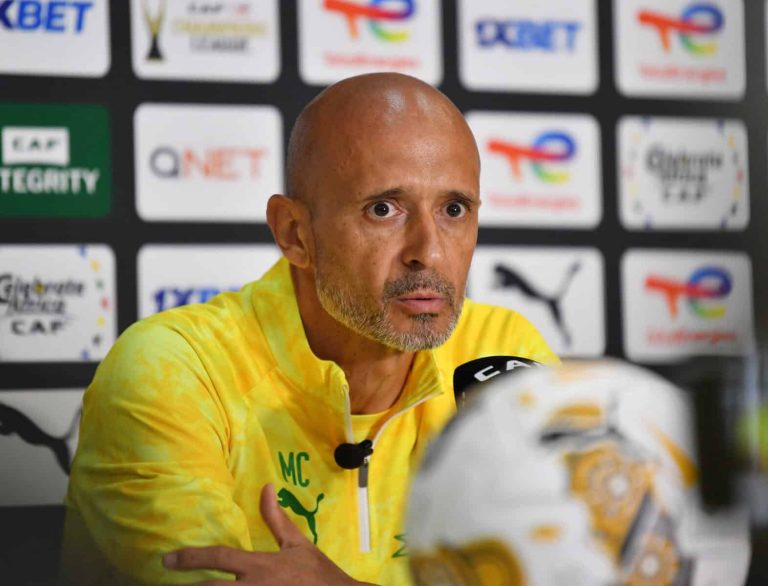
President reaffirms commitment to improving electricity supply, directs acceleration of Presidential Power Initiative to unlock Nigeria’s economic potential….
President Bola Ahmed Tinubu has expressed dissatisfaction with the slow pace of the Siemens Power Project, noting that although progress has been made, it remains below expectations.
The President made the remarks on Monday during a meeting with a delegation from Siemens Energy, led by its Managing Director for the Middle East and Africa, Dietmar Siersdorfer, at the State House in Abuja.
“I appreciate the partnership on the initiative. The progress of the project to date is notable, and we can feel it. But it is not where we want it to be,” Tinubu said.
The Siemens Power Project, officially known as the Presidential Power Initiative (PPI), is a flagship collaboration between Nigeria and Germany aimed at modernising and expanding Nigeria’s electricity infrastructure.
Tinubu reaffirmed his administration’s unwavering commitment to improving the nation’s power supply and enhancing livelihoods, describing electricity as the cornerstone of economic growth across key sectors such as industry, education, and healthcare.
“There is no industrial growth or economic development without power,” he said. “I believe that power is the most significant discovery of humanity in the last 1,000 years.”
The President commended the German government and Siemens Energy for their continued support, stressing that reliable electricity remains central to Nigeria’s economic recovery agenda.
“Our education, our healthcare, and our transportation all depend on energy. Without power, these goals are impossible. We are taking it very seriously,” Tinubu added.
Tinubu Orders Expansion of Major Transformer Substations
As part of efforts to boost supply capacity, the President directed the expansion of key transformer substations from two to three phases.
“We are all inspired and happy. This is what we want to achieve on the continent,” he said. “We want everyone to see the glory of our economic recovery and the banishment of poverty.”
Tinubu assured the Siemens delegation that his administration would continue to mobilise the necessary resources to support and accelerate the project’s implementation.
PPI Deliverables and Milestones
The Minister of Power, Adebayo Adelabu, highlighted several milestones recorded under the initiative, noting that the passage of the Electricity Act 2023 and the development of a National Integrated Electricity Policy had attracted over $2 billion in fresh investments.
He said these reforms had also paved the way for the activation of 15 state electricity markets and new private sector participation.
Adelabu recalled that following the signing of the Accelerated Agreement at COP28 in Dubai in December 2023 attended by President Tinubu and German Chancellor Olaf Scholz, the PPI had achieved major infrastructure upgrades improving grid stability and reliability nationwide.
“Siemens Energy has successfully delivered and commissioned 10 units of 132/33kV mobile substations, three units of 75/100MVA transformers, and seven units of 60/66MVA transformers across key load centres, adding 984MW of transmission capacity to the grid,” the minister said.
He also disclosed that the Federal Executive Council (FEC) approved the Engineering, Procurement, and Construction (EPC) contract for Phase One, Batch One of the project in December 2024, covering the upgrade and installation of five substations in Abeokuta, Offa, Ayede-Ibadan, Sokoto, and Onitsha.
“Plans for civil works mobilisation at all five locations have been finalised, with concurrent equipment manufacturing ongoing,” Adelabu added. “Two of the substations are targeted for completion by the end of 2026.”
He said Phase One, Batch Two of the initiative would include the construction and upgrade of 16 substations—six brownfield and ten greenfield with a combined impact of 4,104MW.
Siemens to Build Training Centre, Employ Nigerian Professionals
On his part, Siemens Energy’s Managing Director, Dietmar Siersdorfer, said the company remained fully committed to the successful execution of the project.
He revealed that two of the five substations under construction are expected to be completed by December 2026, adding that a training centre was already being developed to build local capacity in electrical engineering.
“The PPI is not just a project but a platform for long-term development and prosperity,” Siersdorfer said.
He noted that the initiative would help transform Nigeria into a regional power hub, deepen Germany–Nigeria relations, and stimulate job creation through local participation and services.
“Nigerian professionals will be directly engaged at the five project sites in Batch One, while thousands of jobs will be created in host communities through procurement, logistics, and other support services,” he added.
President Tinubu also pledged to mobilise resources for the establishment of 10 mobile power stations across the country to further stabilise supply and improve access.


